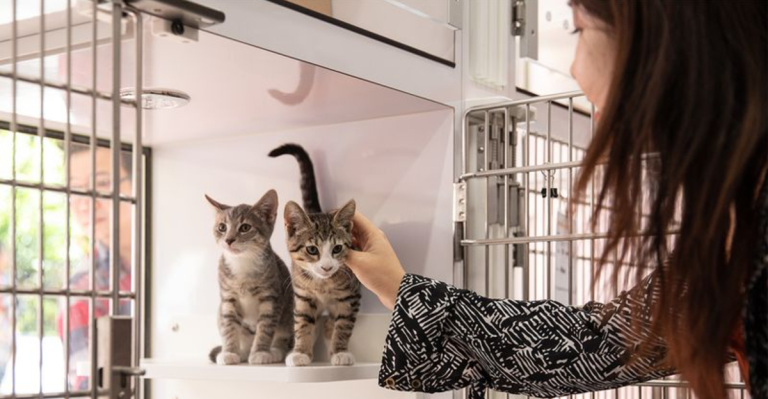15 Dog Breeds That May Struggle Living With Other Pets
Dogs are widely cherished as loyal companions, but not every breed is naturally inclined to get along with other pets. Some were originally bred for hunting, guarding, or herding—instincts that can make peaceful coexistence with fellow animals more difficult. While individual temperament and proper training play a significant role, breed tendencies often influence how well a dog will adapt to living in a multi-pet household.
Understanding these traits is key when considering the dynamics of your home, especially if you already have cats, small dogs, or other animals. Certain breeds may require more socialization, supervision, or structured environments to avoid tension or aggression. Here’s a look at 15 dog breeds that can be more challenging around other pets, each with its own distinctive personality, strengths, and considerations to keep in mind.
1. Pit Bull Terriers
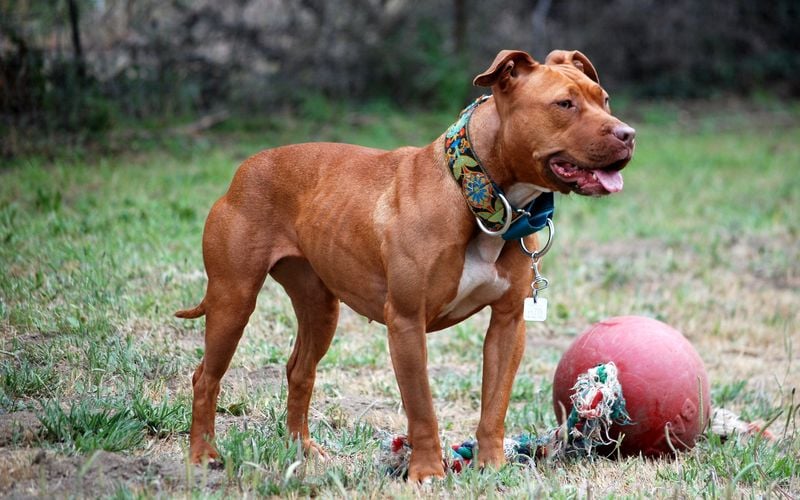
Known for their strength and determination, Pit Bull Terriers possess a complex temperament. These dogs often display a strong will and high energy levels. Their history as fighting dogs contributes to a behavior that may not be suitable for homes with other pets.
Despite their affectionate nature with humans, they might perceive other animals as a threat or competition. It’s crucial to socialize them early and often. Supervision is necessary when they are around other pets to ensure harmony.
Training, patience, and understanding can help in managing their behavior, but caution is advised.
2. Australian Cattle Dogs
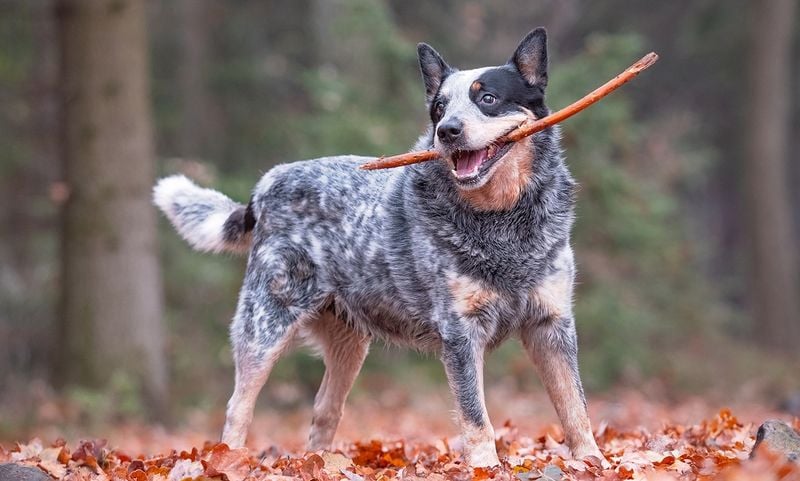
Australian Cattle Dogs, also known as Blue Heelers, are renowned for their intelligence and herding instincts. These traits can sometimes lead to nipping behaviors, especially towards smaller animals.
They require a lot of physical and mental stimulation to keep them satisfied. Without proper outlets, their energy may be directed towards chasing or herding other pets.
If considering an Australian Cattle Dog in a multi-pet household, it’s vital to provide structured activities and consistent training. Their loyalty and work ethic make them excellent companions for those who can meet their needs.
3. Greyhounds
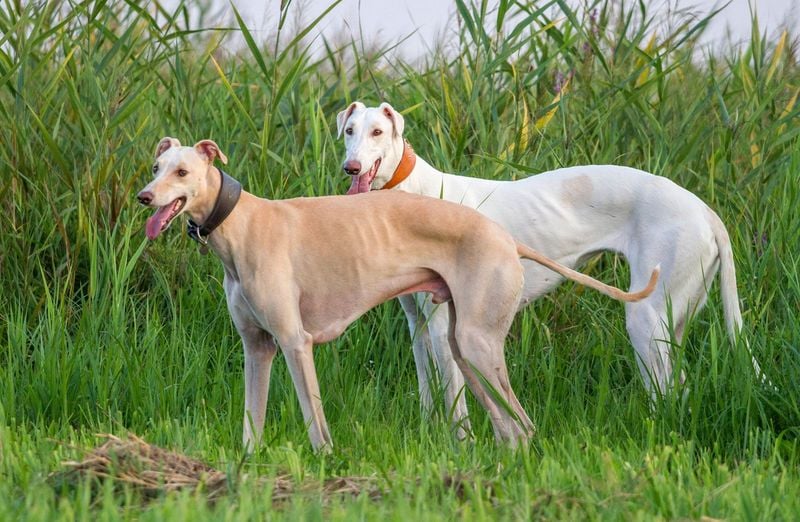
With their elegant build and racing history, Greyhounds are a sight to behold. Known for their gentle demeanor, they might surprisingly struggle with smaller pets.
Their strong prey drive can lead to chasing behaviors, particularly with cats or rodents. Though they are affectionate with people, this natural instinct requires careful management.
Providing them with adequate exercise and training can help mitigate these tendencies. Adopters should be aware of their needs and the possible challenges they present in a multi-pet environment.
4. Akitas

Akitas hail from Japan, where they were bred for hunting large game. This background instills a sense of independence and dominance, often making them incompatible with other pets.
They are known for their loyalty and protective nature towards their human family. However, this can translate into possessiveness and aggression towards other animals.
Proper socialization and firm leadership are essential in managing their interactions. While they can be loving companions, caution is needed in homes with existing pets to prevent conflicts.
5. Jack Russell Terriers

Jack Russell Terriers are small but mighty, known for their exuberant energy and spirited nature. These traits can sometimes cause friction with other animals.
Originally bred for hunting, they have a strong prey drive that may lead to chasing or aggressive behaviors towards other pets.
Consistency in training and ample exercise are critical to managing their high energy levels. While they are affectionate and lively companions, their compatibility with other pets should be carefully considered.
6. Malinois
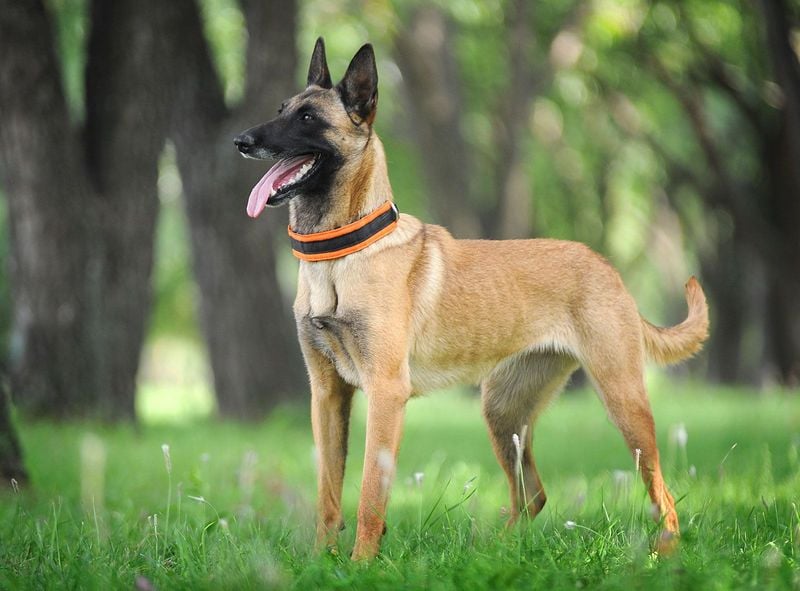
The Belgian Malinois, often seen in police and military roles, is known for its intelligence and drive. These qualities, while impressive, can be overwhelming in a multi-pet household.
Their strong protective instincts may lead to territorial behaviors, posing challenges with other animals. Vigorous exercise and mental stimulation are essential to channel their energy positively.
With proper training, they can be exceptional companions, but their compatibility with other pets depends on the environment and leadership they receive.
7. Weimaraners
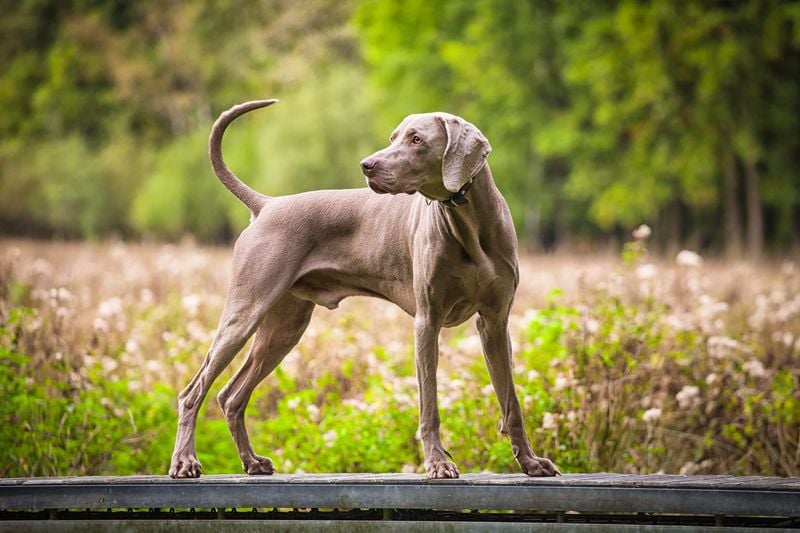
Known for their striking appearance and boundless energy, Weimaraners can be a handful around other pets. Their hunting origins contribute to a high prey drive, especially towards smaller animals.
They thrive in active households that can provide plenty of exercise and mental challenges. Without these, their behavior may become problematic, including chasing or dominating other pets.
Understanding their needs and personality is crucial for a harmonious household. They are loving and devoted, but require careful management in multi-pet environments.
8. Siberian Huskies
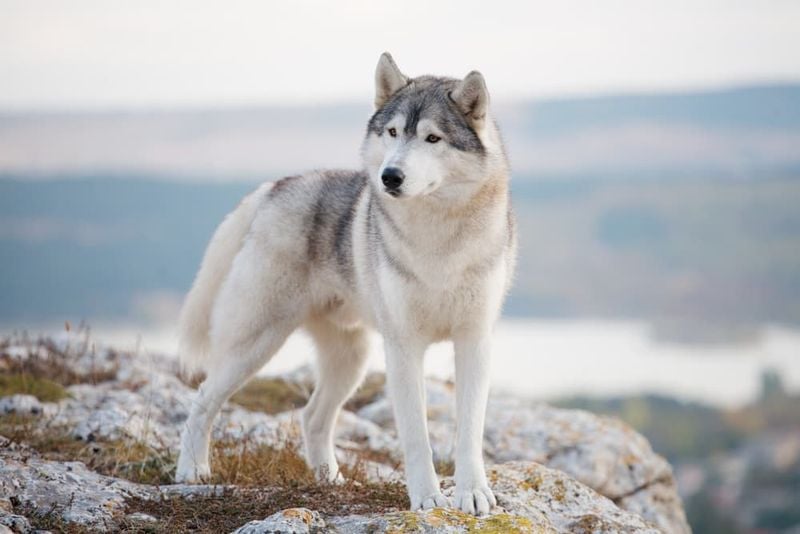
Siberian Huskies captivate with their wolf-like appearance and spirited energy. These traits can sometimes lead to difficulties in homes with other pets.
Bred for endurance and strength, they have a strong pack mentality but may view smaller animals as prey. Their independent nature requires consistent training and socialization.
Owners should be prepared for a lively companion that needs ample exercise and attention. While they can be affectionate with their family, their instincts may challenge multi-pet harmony.
9. Chow Chows
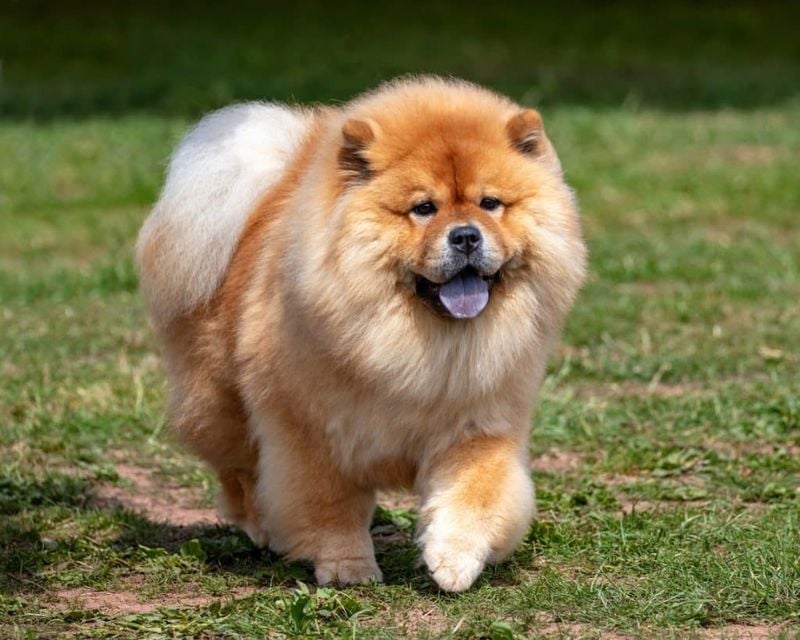
Chow Chows are both visually striking and temperamentally unique. Known for their aloofness, they often do not tolerate other pets well.
Historically bred as guard dogs, they can be territorial and independent. These characteristics may lead to aggression towards unfamiliar animals.
Socialization from an early age is essential, but their distinct personality requires understanding and respect. While they form strong bonds with their human family, compatibility with other pets is a challenge that needs careful consideration.
10. Alaskan Malamutes
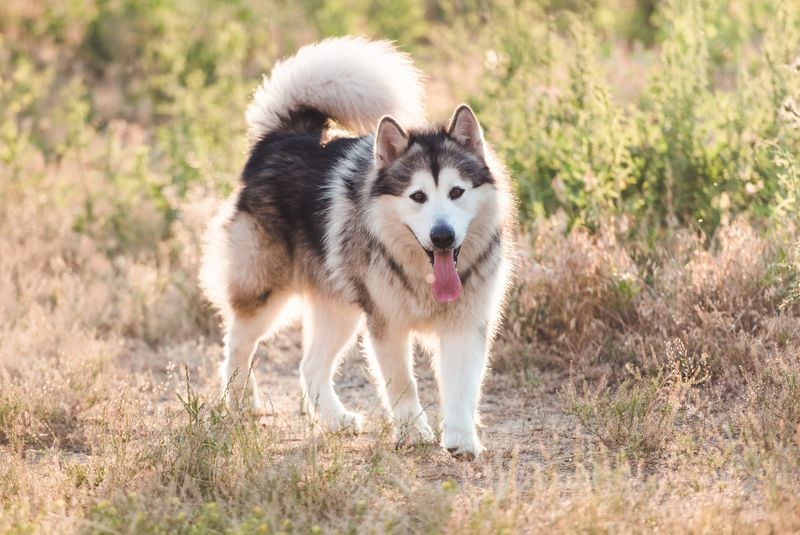
Alaskan Malamutes, with their impressive strength and endurance, are natural-born leaders. Bred for pulling heavy sleds, they have a strong pack mentality.
This often leads to dominance issues when interacting with other pets. Their independent nature requires an experienced owner who can provide firm guidance.
Exercise and mental stimulation are key to managing their behavior. While they are devoted and loyal companions, their interactions with other animals need careful supervision and management.
11. Dachshunds
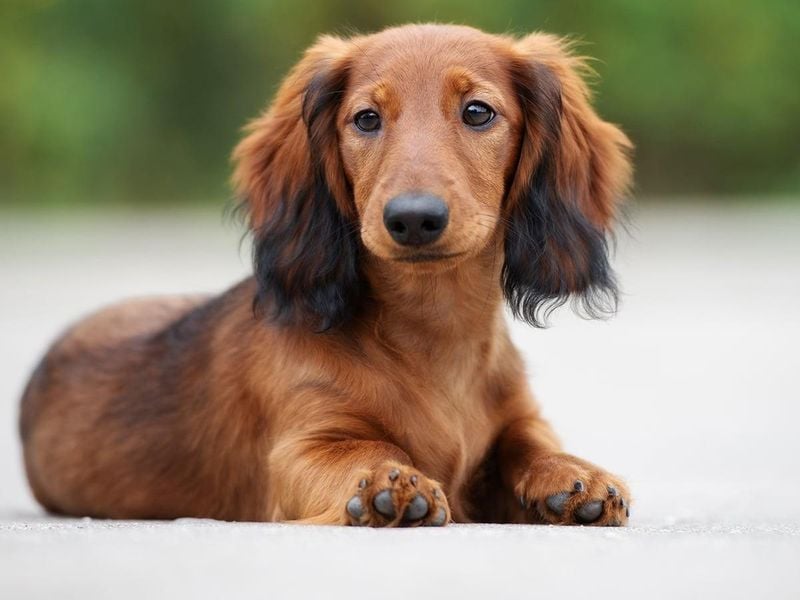
With their long bodies and spirited personalities, Dachshunds bring joy and challenges. Their hunting background means a strong prey drive, often leading to chasing or barking at other pets.
Small yet fearless, they require firm and consistent training to curb this behavior. Engaging them with activities and mental challenges helps in controlling their instincts.
Despite their small size, they are bold and determined, making them vibrant companions. However, their interactions with other pets should be carefully managed.
12. Rhodesian Ridgebacks
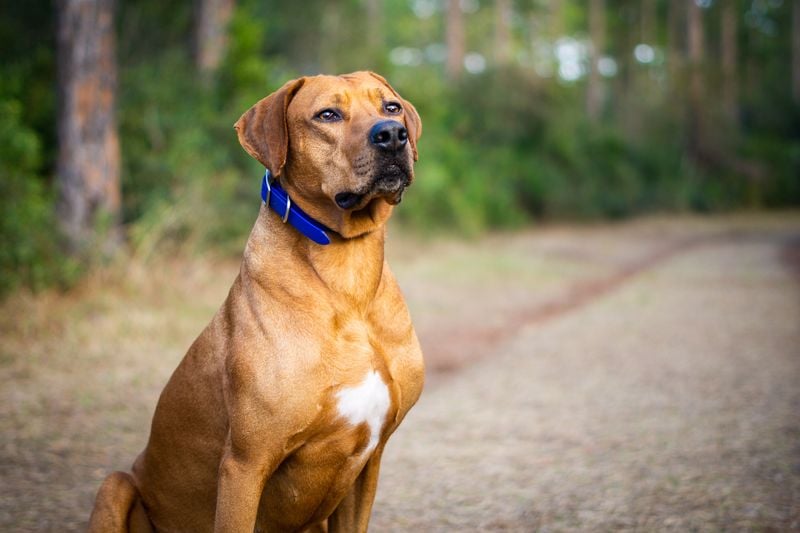
Rhodesian Ridgebacks, bred for hunting lions, possess a confident and independent nature. This strength can translate into dominance issues with other pets.
They are loyal and protective, sometimes leading to territorial behaviors. Early socialization and training are vital to ensure they coexist peacefully with other animals.
Understanding their instincts and providing leadership helps in managing their traits. While they are devoted family members, care must be taken to integrate them into homes with existing pets.
13. Shiba Inus
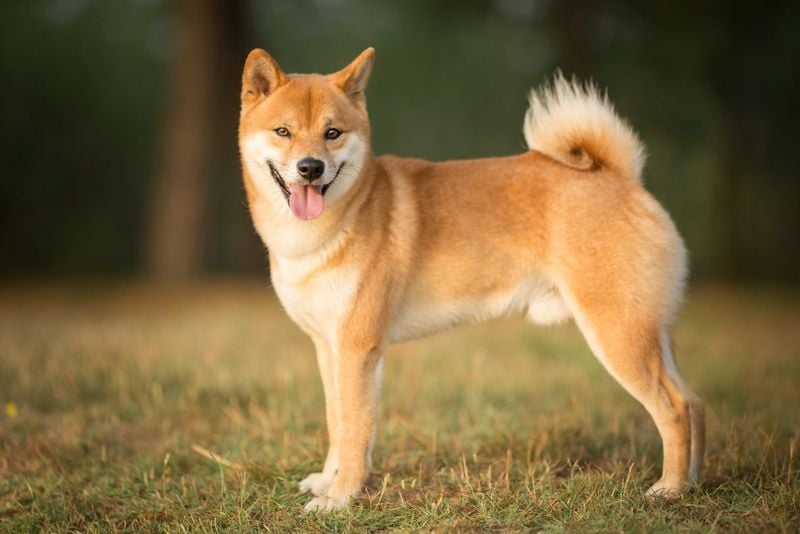
Shiba Inus, with their fox-like appearance and spirited nature, offer unique companionship. Their independent streak and strong prey drive can lead to challenges with other pets.
Known for their aloofness, they may not tolerate intrusion from other animals. Training and patience are required to help them adapt to a multi-pet household.
While they are charming and loyal, potential owners must understand their distinct personality. Ensuring harmony with other pets requires effort and understanding.
14. German Shepherds
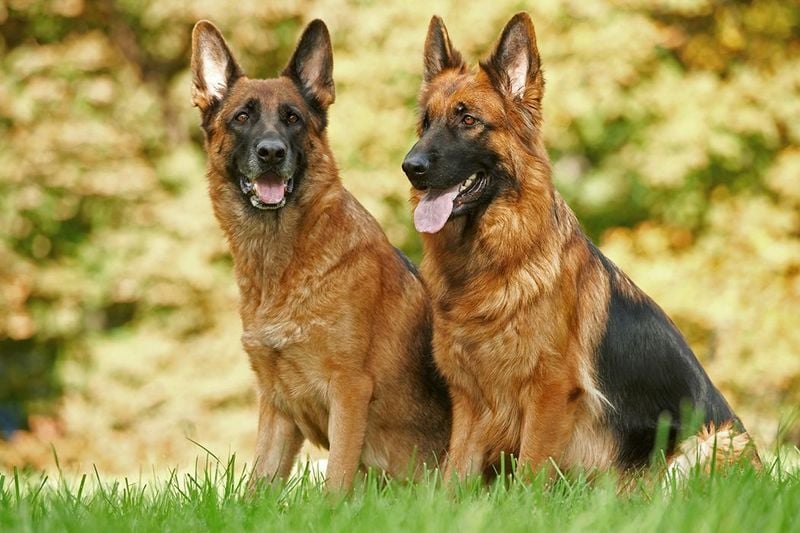
Renowned for their intelligence and loyalty, German Shepherds make excellent working dogs. These traits, while beneficial, can lead to territorial behaviors in multi-pet homes.
Their protective instincts may cause conflicts with other animals without proper training and socialization. Providing them with clear guidance and structure is essential for harmonious living.
While they are loving family members, their interactions with other pets must be carefully managed. A strong leader can help in ensuring they coexist peacefully.
15. Cane Corsos
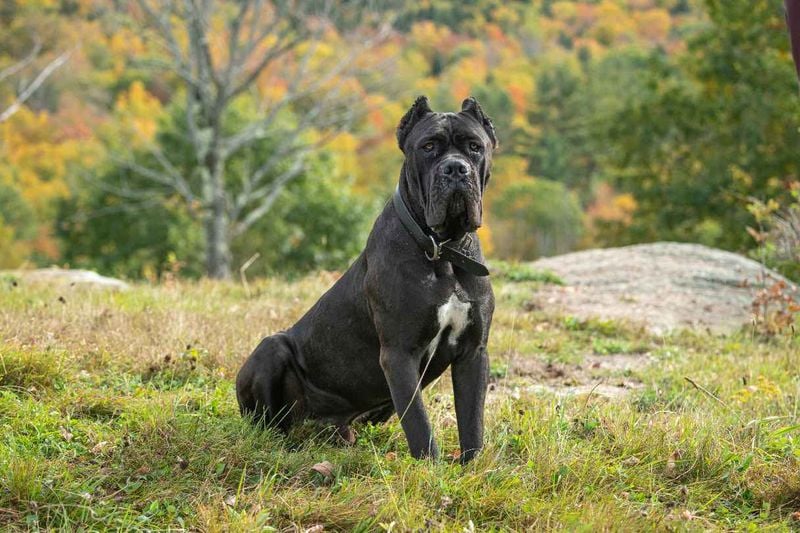
Cane Corsos, with their imposing stature and calm nature, command respect. Bred for guarding and hunting, they possess strong protective instincts.
These instincts can lead to aggression towards unfamiliar animals, making them unsuitable for homes with multiple pets. Early training and socialization are crucial in managing their behavior.
While they are affectionate and loyal, their presence requires responsible ownership. Ensuring they fit into a multi-pet household demands careful consideration and guidance.




